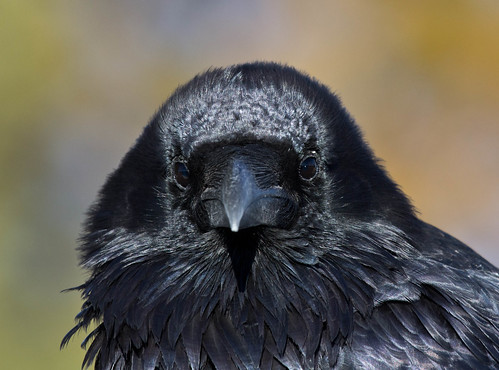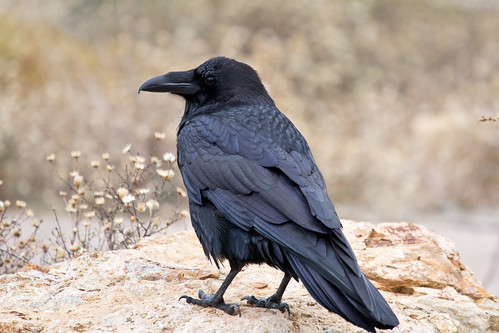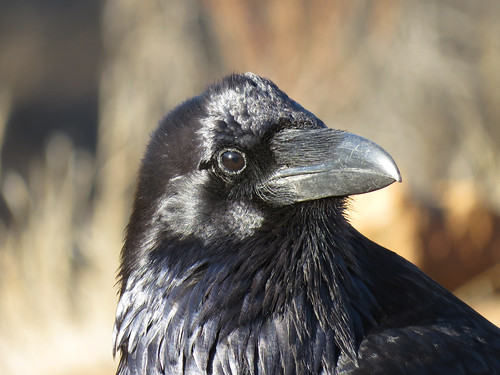One of my friends, Kathie Brown from Maine, alerted me to a fascinating episode of Animal Planet’s “North Woods Law,” which this season is focused on New Hampshire’s fish and game conservation officers.
The episode Kathie watched included a segment in which a landowner reported several dead Painted Turtles on his property. Kathie writes:
The Conservation Officer and a State Wildlife Biologist went out to investigate. They initially found 24 dead turtles belly up on a dirt road near some wetlands. After checking everything out they noticed the turtles were all females coming up to the sand to lay their eggs. Each turtle was flipped on its back, and each one had a hole in front of one or both of its hind legs. The eggs and the guts were gone.
Kathie notes:
The Biologist considered all possibilities including contamination, poison, human vandalism, predation by raccoons and otters, etc. If you watch the episode it is so fascinating to see them trying to solve the mystery. The landowner called them in because they were on his property and he was rightfully very alarmed.
I was reading Kathie’s summary of the episode on Facebook, and gasped out loud when I read what they discovered. She wrote:
Then they saw and heard a Raven. The Wildlife Biologist suspected that the Raven was flipping the turtles onto their backs and eating their insides and eggs. So, he put up a trail camera to document the behavior. He was able to get the ravens doing this on video. In the end the ravens killed 49 Painted Turtles. This was the first time this behavior was documented in NH.
Kathie noted how disturbing this was to see on TV—it must have been even more disturbing for the poor landowner and investigators tracking down the killers. But as Kathie says, “It just goes to show how resourceful and intelligent Ravens and other Corvids are. I was fascinated by this discovery.”
If ravens had credit cards and could figure out grocery stores, I’m sure they’d take advantage, especially when bacon’s on sale, but they’d still just as soon pick up their victuals in the dumpster out back. Russ and I got an enormous kick out of them when we were at the Grand Canyon in 2011—I got many of my best raven photos ever by simply walking around the parking lot, where they were sizing up every newly arrived car and truck, pulling food out of coolers, even if they’d been securely latched, if they weren’t also locked.
Ravens have long known how to dig up turtle eggs and how to pull the innards out of road-killed turtles. Leave it to them to figure out how to convert living turtles into fresh turtle soup with eggs on the side.
Intelligent problem-solving when it comes to food is obviously adaptive.
But ravens also engage in more puzzling intelligent behaviors seemingly unconnected directly to survival, including play. And I’ll never understand why, long ago, the day after I lost my wristwatch on a walk in Port Wing, a raven flew over and dropped that watch at my feet.
I love turtles too much to feel comfortable with mother turtles being turned on their backs and their eggs and innards eaten while the poor things are struggling, still alive through much of it. But turtles eat their own share of baby ducks, and I love and respect ravens too much to hold it against them, especially when my own species has such a bad track record in humane ways of producing our own meat and eggs. Henry Ward Beecher was 100 percent correct when he wrote, “If men had wings and bore black feathers, few of them would be clever enough to be crows.” And even fewer would be clever enough to be ravens.
Jennifer Ackerman, in her splendid The Bird Way, quoted Swedish biologist Mathias Osvath saying, “We dig up dinosaurs to try to figure out what happened to them. Perhaps someday dinosaurs in the form of corvids will dig us up to figure out what happened to us.” And based on both how these ravens figured out turtles and how slow we humans have been to protect ourselves from COVID-19, perhaps that day will happen sooner than we think.


